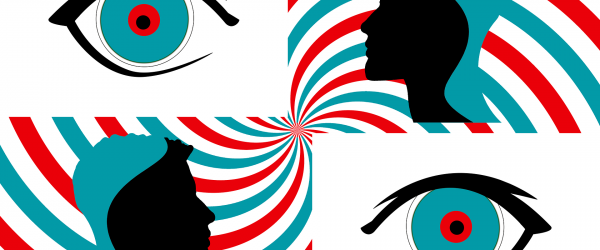What is the point of worrying?

Worries, we all have them. We can worry about smaller things such as going to a new place and meeting new people, and we can worry about bigger things such as having enough money to live on. Most people worry about things like this in some way or another, and the act of it can be a normal part of lives, but it can also become a bigger and more poignant part that has the potential to consume our lives.
Worrying about things is a normal part of life, but if it becomes persistent and uncontrollable, this worry becomes excessive and interferes with a person’s daily life. This can in turn affect their physical and emotional health as it has the potential to cause headaches, restlessness, insomnia, muscle tension, and having a difficultly in concentrating, among other things. Worrying like this can be a symptom of Generalised Anxiety Disorder (GAD) and can be treated with psychological therapies and/or medication. Learning to control the level of worrying is the key to stop it from consuming a person’s life, and there is a lot of help available to deal with this.
Chronic worrying being a part of a mental health condition is one example of how the act of worrying can become a large problem, but what about when people can choose whether or not to worry about something? How many times have we heard other people say ‘there’s no point in worrying about that’? However, such a statement is subjective as one person’s worry is another person’s passing moment. Where it is possible to somehow choose what and why we worry about something, why do we do it?
It’s important to understand what worrying actually is. It can be defined as being a form of thinking about future events which leads to feelings of being anxious and apprehensive. People may worry about possible outcomes, or other people’s actions impacting on situations, but I think that worrying is largely a symptom of being unable to control what is going to happen in the future, which is something none of us can completely carry out. Life is unpredictable and can only be controlled to a certain extent, depending on the situations and circumstances. Therefore, maybe the best way forward is to try and focus on what can be controlled, and aim to leave behind in our minds everything that can’t be. This is easier said than done, of course.
If we look at it in a different way, worrying can actually have the potential to make people carry out positive steps as it can allow a person to take action with whatever it is they are worrying about and aim to problem-solve it, which can therefore go towards ending the worrying. I’m sure not many people enjoy worrying about things so if it can be a source of positive next steps, the feelings of negatively can be used to be proactive and sort out what the origin of the worry is.
I think the point of worrying is different for everyone – some people find it easy to switch off their thoughts about things while others struggle to do so. When it consumes everyday life, that is when action needs to be taken to combat it, but for others who worry every so often, it can be beneficial to understand why they are worrying. Understanding that controlling something can’t always be done, and that life is full of uncontrollable situations, could be one way forward for dealing with worrying. However, the act of worrying could be seen as wasted energy – because worrying about something isn’t going to change it. That is when subsequent action plans can be made to deal with the root cause of the worry. What is the point of worrying? Maybe it is to work out how to change something that can be changed, or realise that it can’t be and wait to see what happens.
Sarah Keeping MBPsS MSc PgDip GDip BA (Hons) Cert HE
Follow Sarah on twitter at @keepingapproach, facebook at @keepingapproach, and on instagram at @thekeepingapproach
Follow E-therapy on social media:
Facebook – @Etherapy
Instagram – @EtherapyToday
Twitter – @EtherapyToday
References
https://www.helpguide.org/articles/anxiety/how-to-stop-worrying.htm
https://www.nhs.uk/conditions/generalised-anxiety-disorder/



